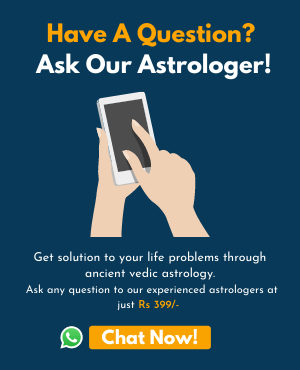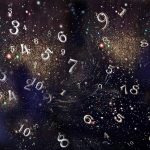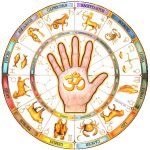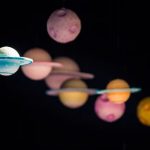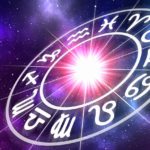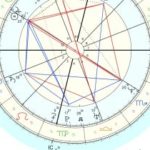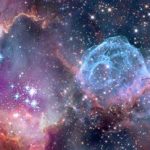There are two bodies of study that has fascinated mankind with myriad aspects and deep insights since the Ancient ages. Astronomy and Astrology bring in loads of interesting facts and findings for future discoveries. This is possible by integrating proven techniques and several concepts. However, are these two the same? Though both were considered the same, the Age of Enlightenment during the 17th century changed everything. To arrive at a clear conclusion, it’s important to know what these two stand for.
Though both sound identical and involve the study of celestial bodies, their methods and the purpose of their study is as different as chalk and cheese. However, Astronomy ( Gola), Astrology ( Jothisha) and Math ( Ganitha) has been part of Vedanga ( Limb of the Vedas) for thousands of years and known to the western world only a few centuries ago.
Astronomy
Astronomy is a natural science and is the study of celestial bodies. These include the planets, the Sun, the Moon and the stars that exist naturally in outer space. It takes the physical universe as a whole into account. The oldest branch of natural science also includes the study of comets, galaxies, gas & dust in outer space. It also includes the study of all other non-earthly objects and phenomena. Astronomy examines the positions, movements and properties of celestial bodies.
Astronomy is a science because it uses scientific evidence to support the findings of the universe and its components. In short, astronomy looks at the universe physically and critically.
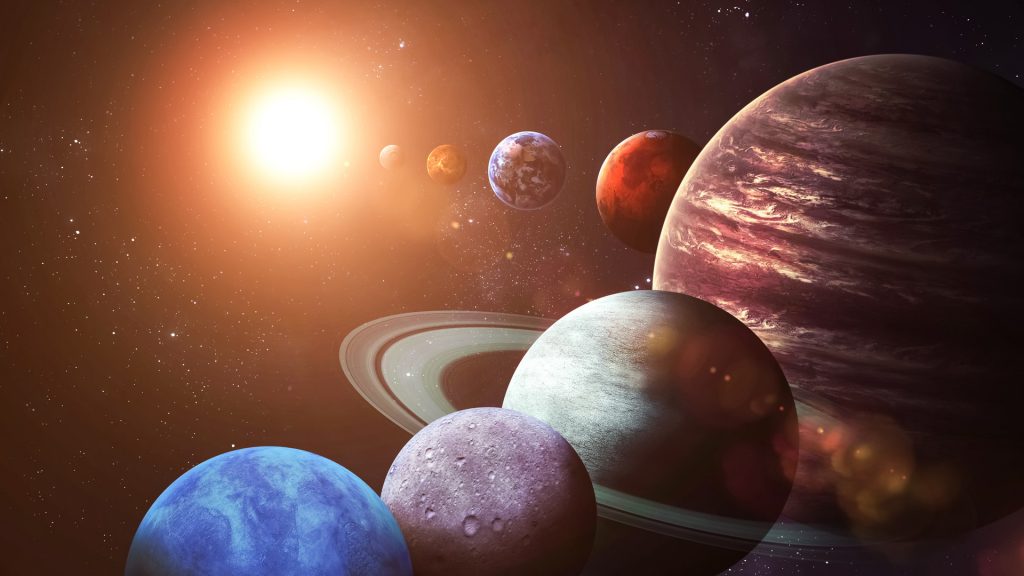
Astrology
Astrology is the study of the movements and positions of celestial bodies that influence human lives and terrestrial events. It is a Science that involves beliefs and practices that the world regards as scientific but may or may not be scientifically validated. The study of Astrology is that of divination and seeking knowledge of the future. It is full of predictions that needs data to be proven scientifically.
In other words, Astrology is the observation of the universe and a source of divination for future events. It’s an attempt to predict how the positions, properties and the movements of celestial objects affect humans and terrestrial life.
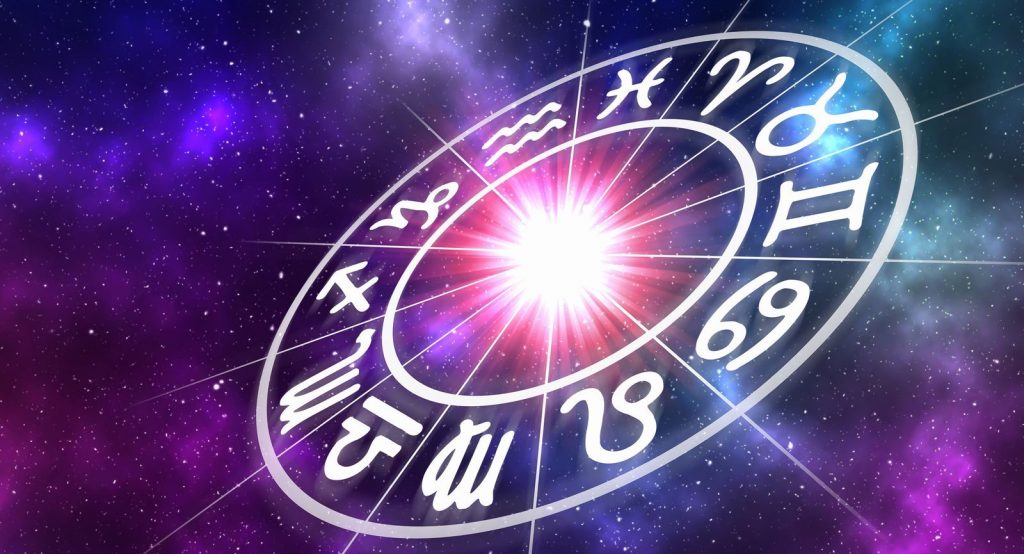
Computer Science in Astronomy and Astrology
Both Astrology and Astronomy use computers to carry out their studies but in completely different ways. Astrologers use computers to design various phases of birth charts to make predictions. Astronomers use computers to map areas of the universe and make scientific conclusions of heavenly bodies and their components.
With the above piece of information, it’s clear that astrology and astronomy are intertwined by the study of celestial bodies with a major difference in their concept of study.
The engrossing debate about astrology and astronomy has been around since the ancient times, dating back to the Babylonian Era. Different eras, civilizations and cultures of the world started it all. They carried out detailed studies with an attempt to arrive at evident conclusions.
An Overview of Astronomy and Astrology
Just like the debate over which came first, the chicken or the egg, it’s nothing different for Astronomy and Astrology. Most cultures during pre-modern times didn’t have a clear distinction between these two disciplines. Even during the Ancient Babylonian Era, famous for its study of astrology, often the same individual makes predictions and interpretations of celestial phenomena. Yet, both are not the same thing.
In Ancient Greece, astronomers observed planetary motions and developed geocentric cosmological models ideal for further astrological developments. The Platonic Academy in Athens made astronomy a major part of philosophy. This was because the motions and movements of heavenly bodies demonstrated a harmonious and an orderly universe. The Babylonian Astrology made an impact in Greece in the third century BC. During the Hellenistic culture in Greece, ‘Astrologia’ and ‘Astronomia’ were used synonymously, though the concepts were different.
The Great Year as per scientific astronomy gave rise to the divination concept in astronomy.
It’s the period where the equinoxes complete a full cycle. The planetary positions were described by Plato through a geometrical model.
Astrology began to gain immense popularity in Medieval Europe when Hellenistic and Arabic astrological texts started translating into Latin. The 17th and 18th century in Europe eventually caused a definitive split between astronomy and astrology. This was because astrology was increasingly gaining popularity as pseudoscience and astronomy as natural science. Astrology as a belief was a part of spiritual belief with influences by Neoplatonism, Neopaganism, Theosophy and Hinduism.
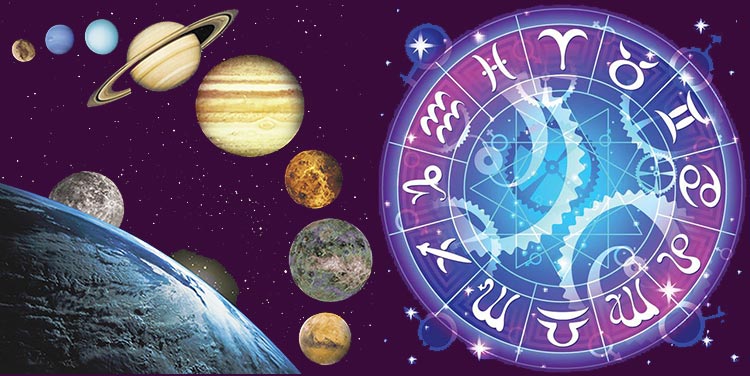
Their Distinguishing Characteristics
The field of astronomy is concerned with studying and understanding the physical universe. It always incorporates the scientific method and metaphysical reasoning to investigate and explain the findings with evidence. Astrology, on the other hand, integrates mystical, theories and religious reasoning with traditional folklore in its predictions. Mathematical aspects also blend to explain the effects of celestial bodies on human life. Unlike astronomy, astrology did not have the bandwidth to incorporate the scientific method of reasoning as many laws were based on dictums.
Both Astrology and Astronomy considers the universe to be dynamic and expanding outward without any central point. However, both fields see Earth as an integral part of the universe that interconnect as a single cosmos.
Is Astrology a Branch of Astronomy?
To be straightforward, the answer is no. It’s because astronomy is a branch of natural science that deals with the physical universe. It also takes the celestial objects as a whole. Both were once famous as a single discipline, with its history as old as the human civilization. Even now they share some common concepts.
However, today they are famous as two separate entities that are in no way directly related to each other.
Today they are widely accepted to be two completely separate fields altogether. Astronomy is the scientific study of the universe and everything in it, whilst astrology is considered more esoteric, superstitious and generally pseudo -scientific practice. In Jothisha there are dictums written by Rishis and Sages that may be not easy for people to comprehend and requires intense dedication.
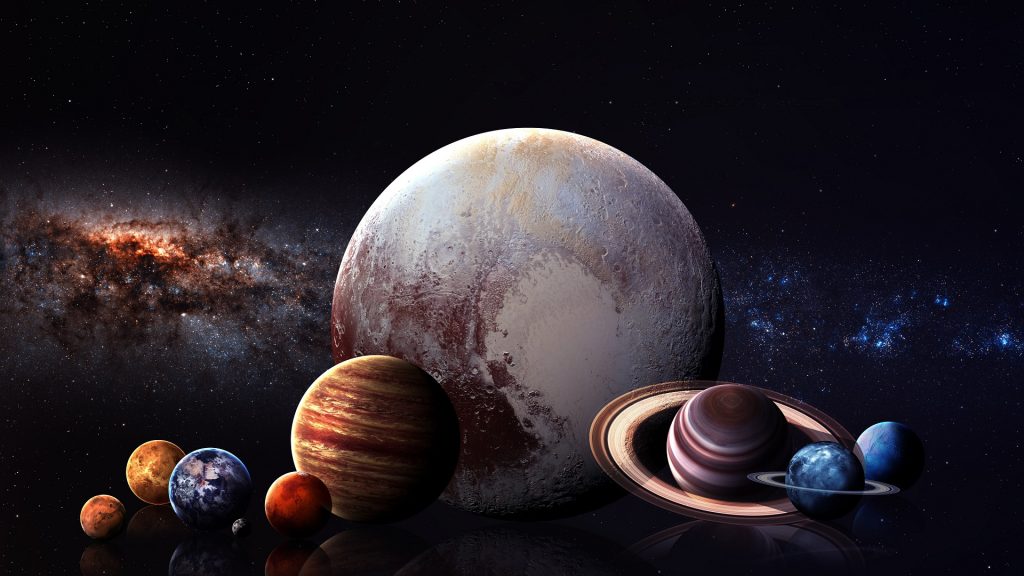
During the Ancient Babylon and Greece Days
The Babylonians were famous for their study of astronomical objects. They searched for real meaning in the sky and developed their research and study accordingly. The Babylonians reached a point from where they could draw accurate findings of celestial bodies, using algebraic algorithms. They developed the astronomical knowledge through divination that included a collection of 32 tablets, each inscribed with liver models. These tablets are famous as the oldest detailed texts of Babylonian divination.
The Babylonians introduced Horoscopic astrology following the seasonal movements of the heavenly bodies. Forecasting future circumstances involved observing the space through time. They related ominous events to issues faced on Earth in daily lives. There was this strong belief that gods’ activities influenced their lives. They were the main source to draw inspiration and conclusions about good and bad happenings. They associated the Sun, the Moon and the planets with their gods that shaped the way they lived and observed the world.
The Greeks deviated from the algebraic system and adopted geometrical models to study and develop astronomy. The study and the findings continued up to the second century CE. Ancient Greek astronomers wrote definitive texts on Greek astrology and astronomy. Ptolemy stressed the fact that stars had two aspects of science attached to them. One determined the position of the stars and the other determined their influence on human lives. He explained that the former science is astronomy and the latter, astrology. However, with the progression of time into the 17th century, both terms were used indiscriminately for either of the branches and together.
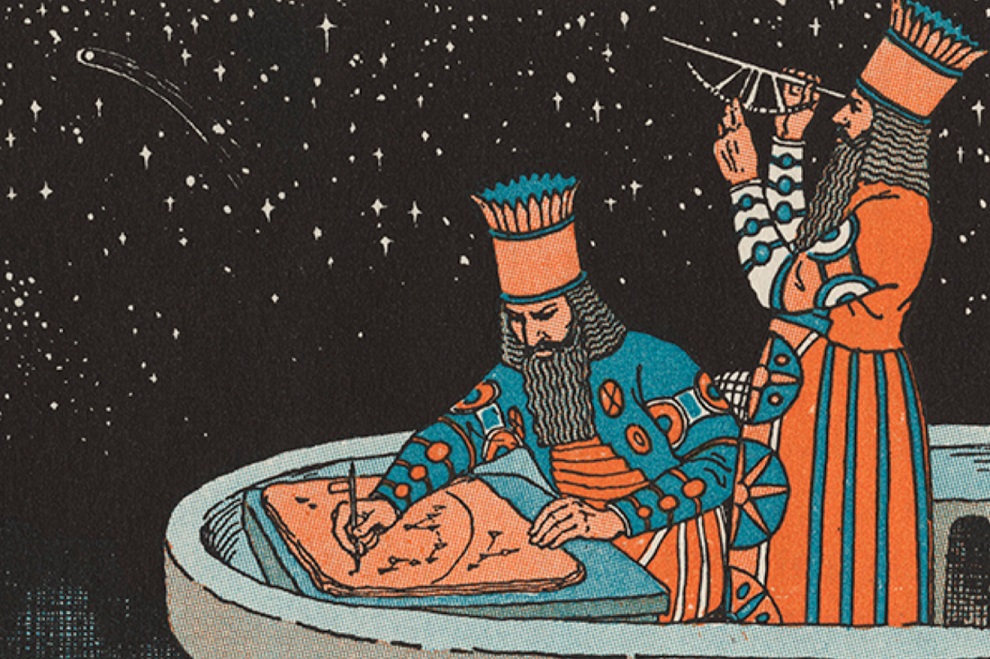
The Middle Ages
The study of astronomy saw a decline during the Medieval European times due to rising interest in astrology. However, both the fields managed to stay afloat in the Islamic Empire.
Greek astronomy made its presence in the Arabic world in the 8th century CE. The interesting fact is, this movement was led by astrology where the courts had astrologers working as political advisors. Abbasids incorporated this practice to pull Persians to their side and began the transition with Greek astrological texts translating into Arabic. This influenced the translation of astronomical, mathematical and philosophical texts to support the astrological field.
Astronomers as Practising Astrologers
Throughout the Renaissance and early modern period, astronomers practising astrology were many. Tycho Brahe, Peter Apian, Gerolamo Cardano, Copernicus and many other famous astronomers practised astrology with genuine interest and a strong belief in the influence of stars. It’s evident then, that The Renaissance reformation of astronomy was a direct influence of astrology.
As per history and as per astrologers in Budapest, astrological predictions were inaccurate. It was due to the astronomy that influenced it was inaccurate. The year 1470 saw a major shift to reform astronomy with programmes developed to enhance the fascinating field of study.
Scientific publishing houses set up in Nürnberg saw the planetary tables coming into existence to determine the positions of the planets. These studies were very accurate and also became very for cartography and navigation.
In the Early Modern period, mathematicus, astronomus and astrologus were in use synonymously, designating to one profession. The profession most astrologers followed during that period was a mathematical, astronomical astrologer.
The Conclusion
Astrology and Astronomy still share some common aspects in their studies though both have drifted on their own paths since the bygone eras. Whatever the predictions, one cannot choose to ignore astrology completely though our understanding may be limited. Going by the findings, there seems to be a fair amount of accuracy in predictions drawn from supernatural and intuitive influences.

